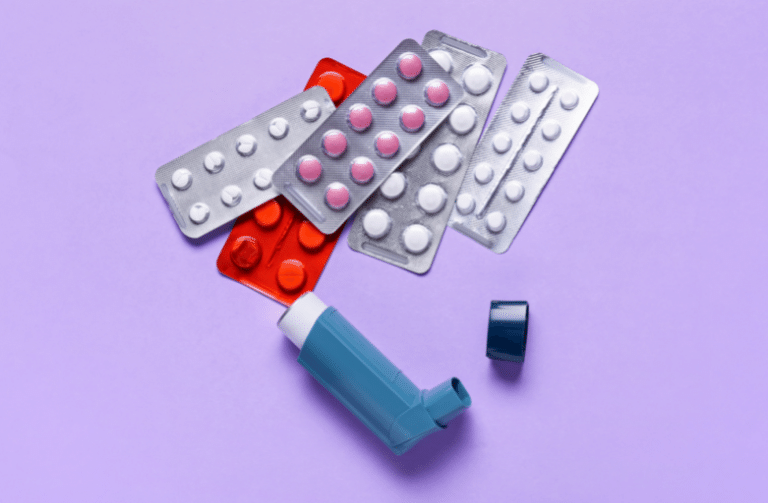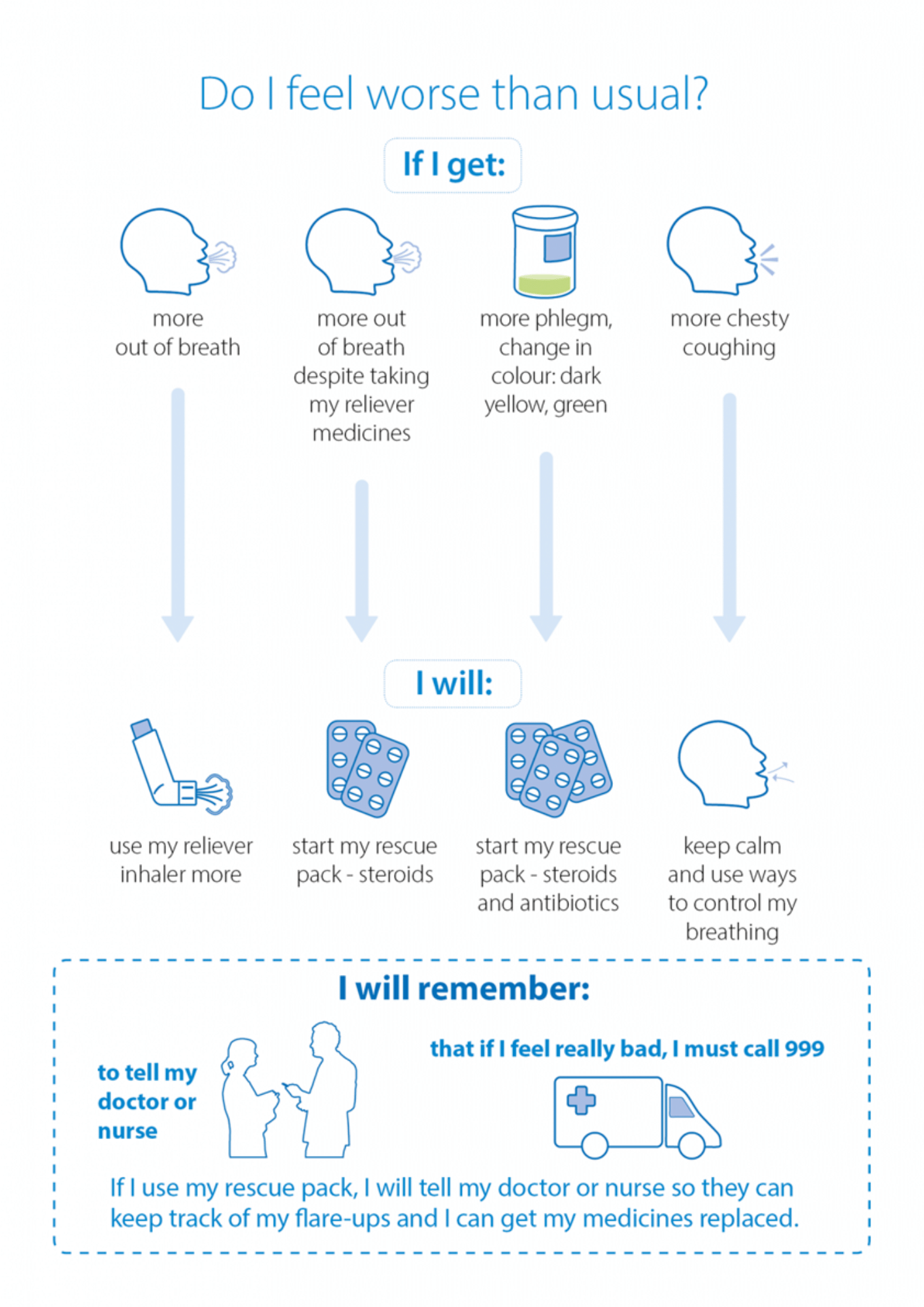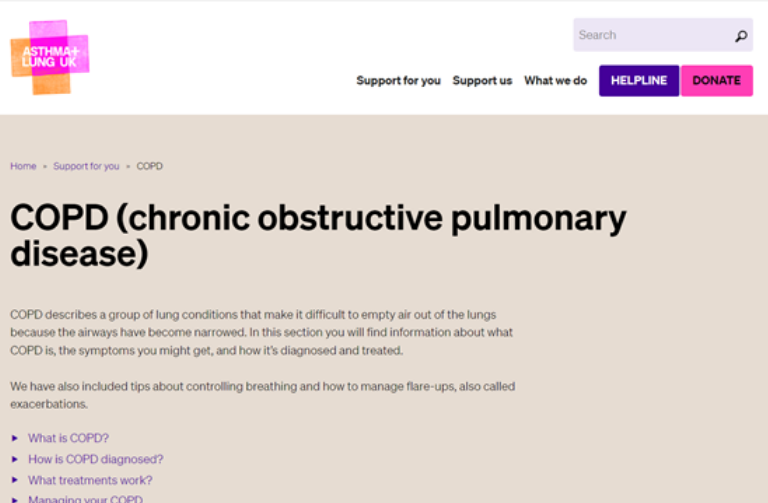COPD stands for Chronic Obstructive Pulmonary Disease. This is an umbrella term that we use to describe a few lung conditions that cause difficulty breathing. It includes Emphysema and Chronic Bronchitis.
You can find out more about COPD on the NHS UK website.
Managing COPD - What you can do to help
There is no cure for COPD but we have several strategies for slowing the progression.
Stopping Smoking is the single most effective way to improve COPD. It is better than any medication we can prescribe. For help with stopping smoking please see our wellbeing page.
Inhalers and medications are the mainstay of treatment in COPD. https://www.rightbreathe.com/ is a brilliant website if you would like to learn more about your inhalers or check your technique.
Pulmonary Rehabilitation is a local programme that you can be referred onto. It concentrates on exercise and education about COPD. For more information about the programme please visit https://livewellservices.cheshireeast.gov.uk/Services/4417. Please contact your Respiratory team or ourselves if you would like to discuss a referral.
Attend your annual review at the Surgery to ensure you are on the right treatment
Get your Flu vaccine every year
Rescue pack
Your doctor may have prescribed you with a rescue pack – a supply of standby medications to start if your COPD deteriorates before you are able to see your GP. Your doctor or nurse will have told you how to use your rescue medications when it was prescribed.
If you have been prescribed a rescue pack, make sure you always know where it is, check regularly that it is in date and know when to use it. Remember to order a new one if you use it.

Signs of a flare up
A flare-up – sometimes called an acute exacerbation – is when your COPD symptoms become particularly severe.
Signs of a flare-up are:
- your breathlessness gets worse and this goes on for some time without getting better
- you cough more
- you produce more sputum
- there’s a change in the colour and consistency of your sputum
Flare-ups can be triggered by an infection or there may be no apparent reason. Watch out for changes in your chest symptoms if you get a cold.
Make sure you have an action plan that you’ve agreed with your health care professional so you know what to do if you have a flare-up.
Asthma + Lung UK have a useful checklist shown below


